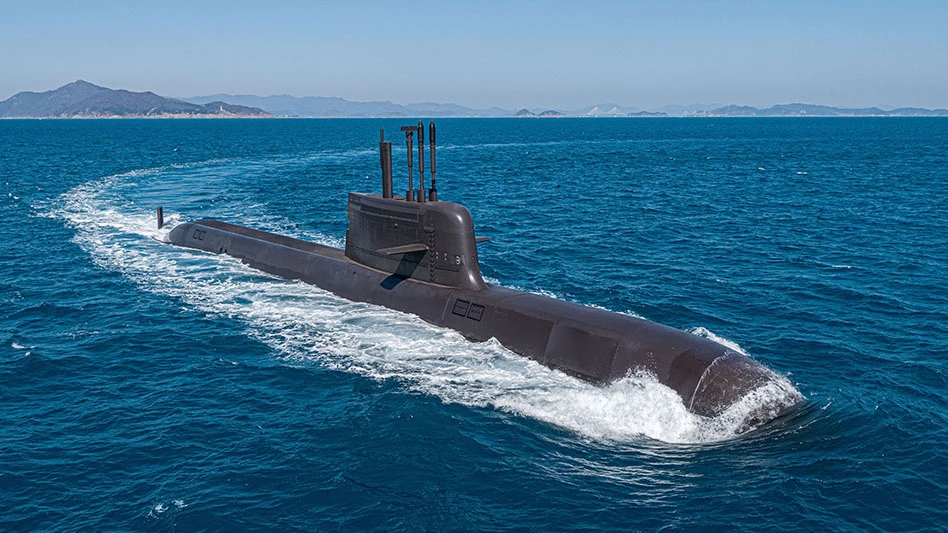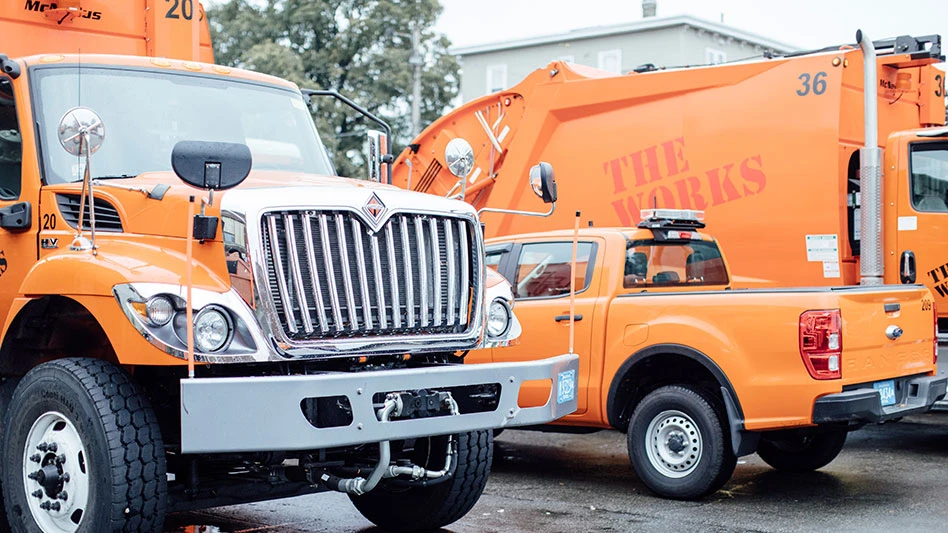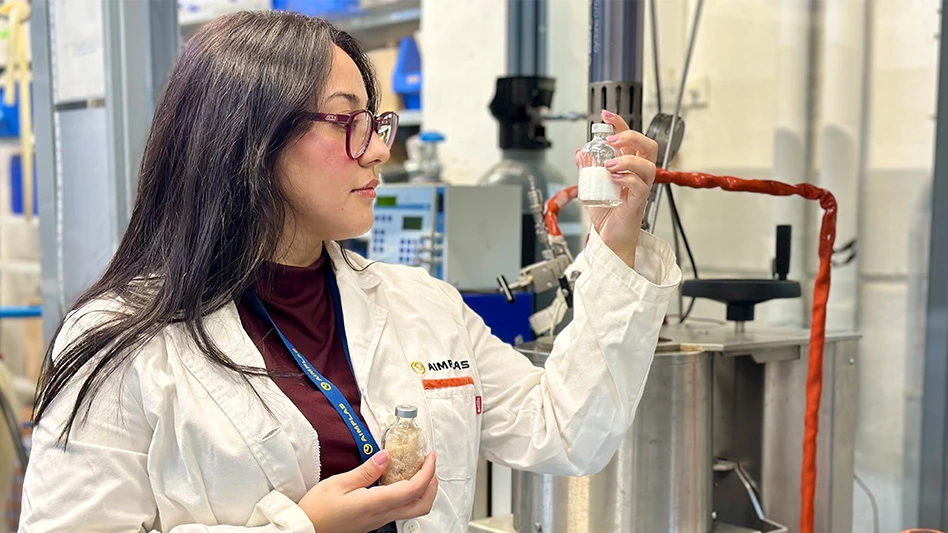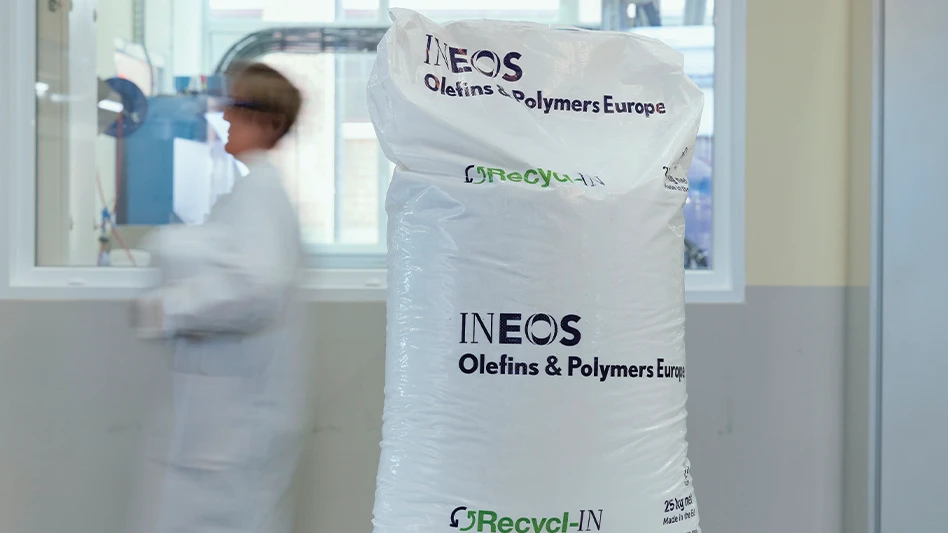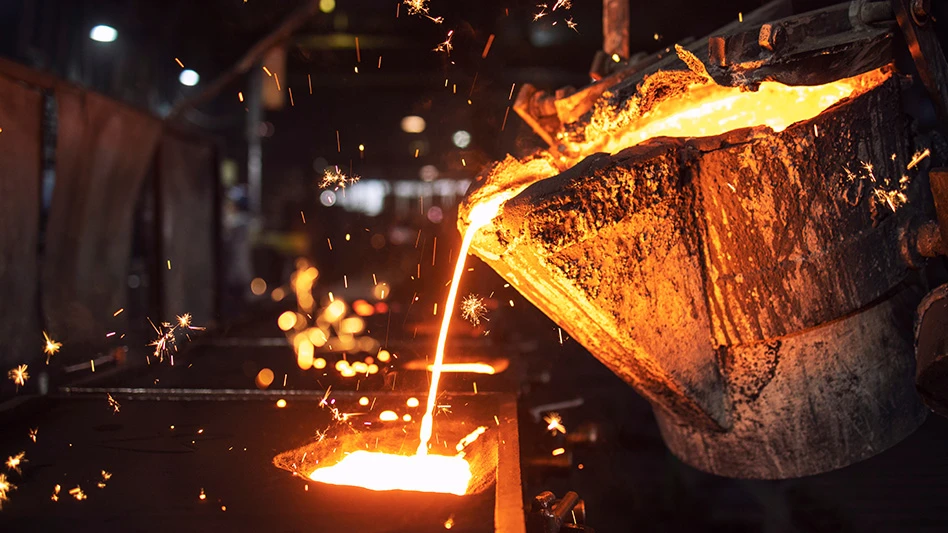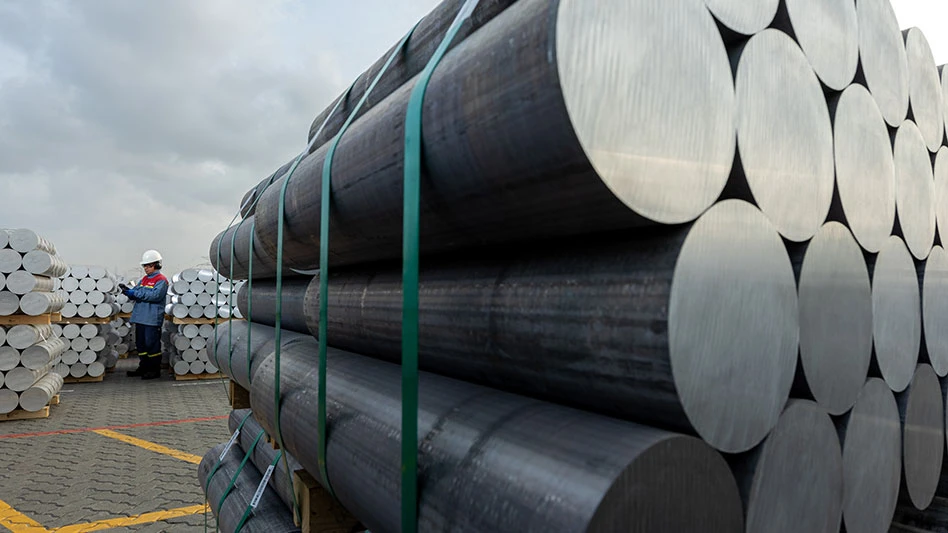
Photo courtesy of BMW Group
BMW is pointing to recycling activities at its aluminum foundry in Landshut, Germany, as a reason it is setting and meeting sustainability targets within the automotive industry.
“The BMW Group’s light metal foundry in Landshut has once again been certified by an independent party for its sustainable use of aluminum—meeting the standards of the Aluminium Stewardship Initiative (ASI), an international nonprofit organization supported by environmental and industrial associations, aluminum producers and processing companies,” BMW states.
Australia-based ASI is considered by BMW to have gained traction in its efforts to define and standardize sustainability criteria for the aluminum industry.
For more than 10 years, BMW foundry has been working with metals companies to implement a recycling loop for post-production scrap metal salvaged from the foundry process, says the firm. BMW, based in Germany, says residues are collected from all casting and mechanical processing stations according to type, so materials with different compositions are not mixed and, after reconditioning, aluminum scrap can be remelted to manufacture the same components.
“The BMW Group has supported the Aluminium Stewardship Initiative from the beginning,” says Stefan Kasperowski, head of the BMW Group Plant Landshut foundry. “We are fully aware of our responsibility and value sustainable production of raw materials for our manufacturing.”
Last year, employees at the foundry produced around 3.3 million cast components with a total weight of more than 73,000 metric tons. The scope of production includes engine components such as cylinder heads and crankcases, components for electric drivetrains and large-scale structural components for vehicle bodies.
The BMW Group says it is in direct contact with aluminum suppliers and recycling partners in an effort to gradually expand ASI certification to the entire material cycle, starting with the producing mines.
The foundry has been certified to the ASI Performance Standard, with auditing criteria requiring evidence of material stewardship, including a comprehensive recycling strategy.
“Sustainable extraction of raw materials and conscious use of resources play a key role for our in-house component production and our global supplier network,” says Joachim Post, a member of the board of management of BMW AG. “The circular economy is also key to reducing emissions and conserving natural resources. Going forward, the aim is to build our new vehicles with 50 percent secondary raw materials.”
The Landshut foundry is the BMW Group’s only production facility for light metal castings in Europe. Since producing aluminum can be energy intensive, the use of green power such as solar electricity offers considerable potential for reducing CO2 emissions, the firm says.
Along with steel, aluminum accounts for the largest share, by weight, of the materials used in BMW Group vehicles. Around two-thirds of the aluminum used in Landshut comes from a recycling loop, with almost two-thirds from the foundry’s own closed loop, according to BMW.
Latest from Recycling Today
- Updated: Wieland Chase expands northwest Ohio facility
- Recovered paper traders report lukewarm market
- SHFE trading expansion focuses on nickel
- Maverick Environmental Equipment opens Detroit area location
- International Paper completes sale of global cellulose fibers business
- Building a bridge to circularity
- Alton Steel to cease operations
- Nucor finishes 2025 with 14 percent earnings decline
